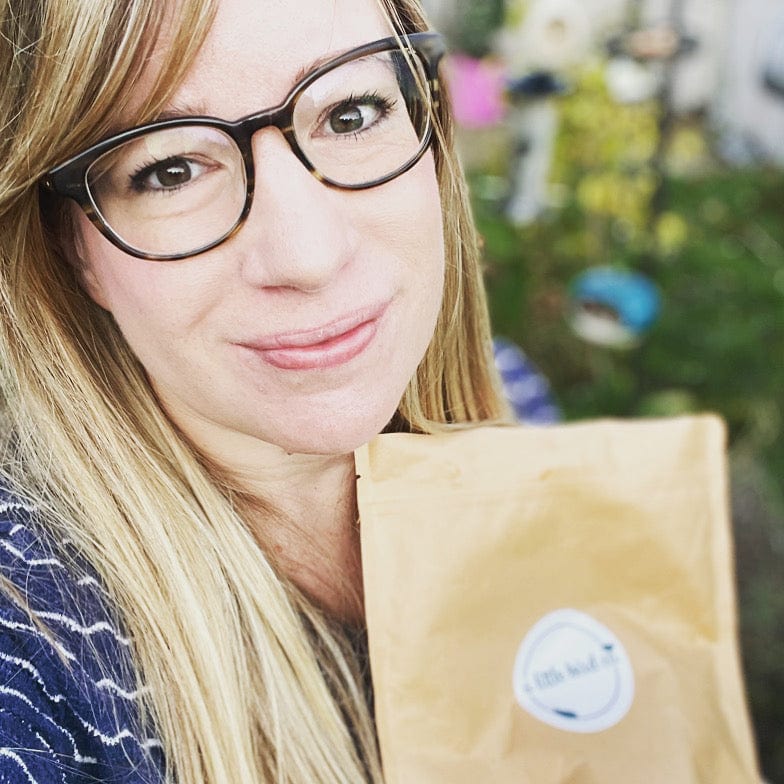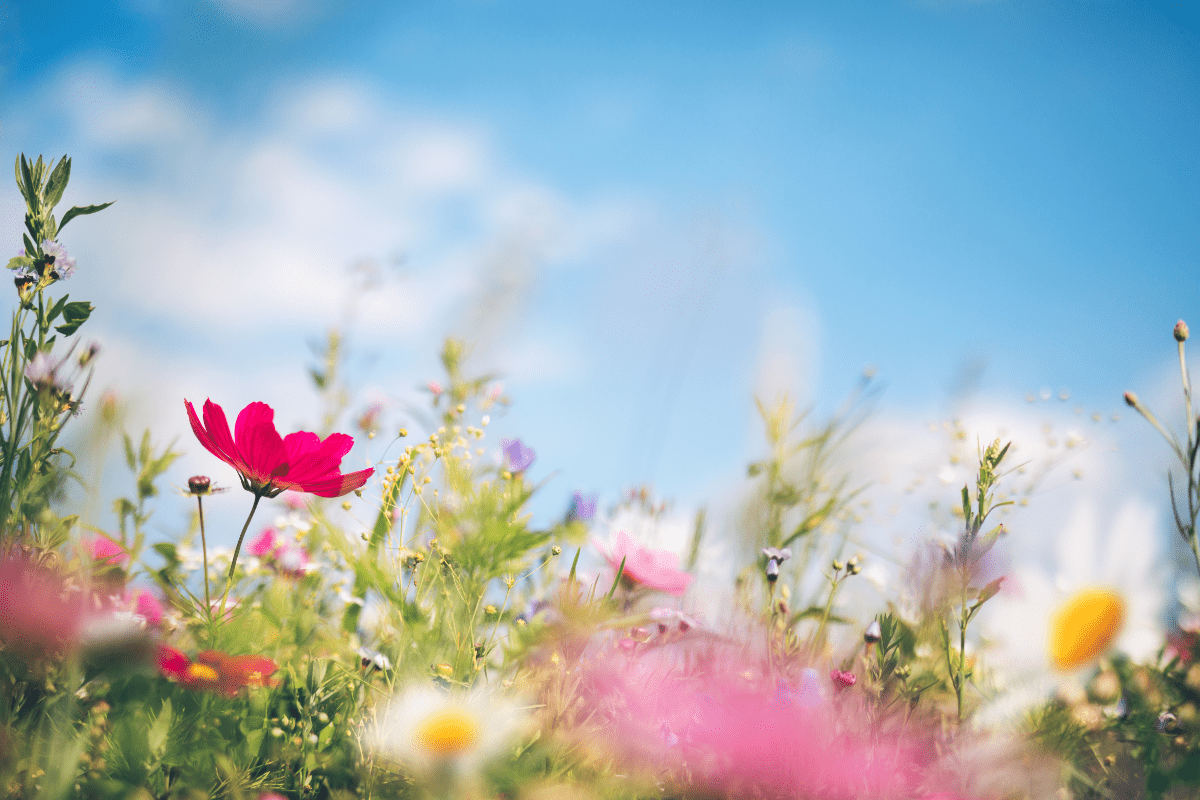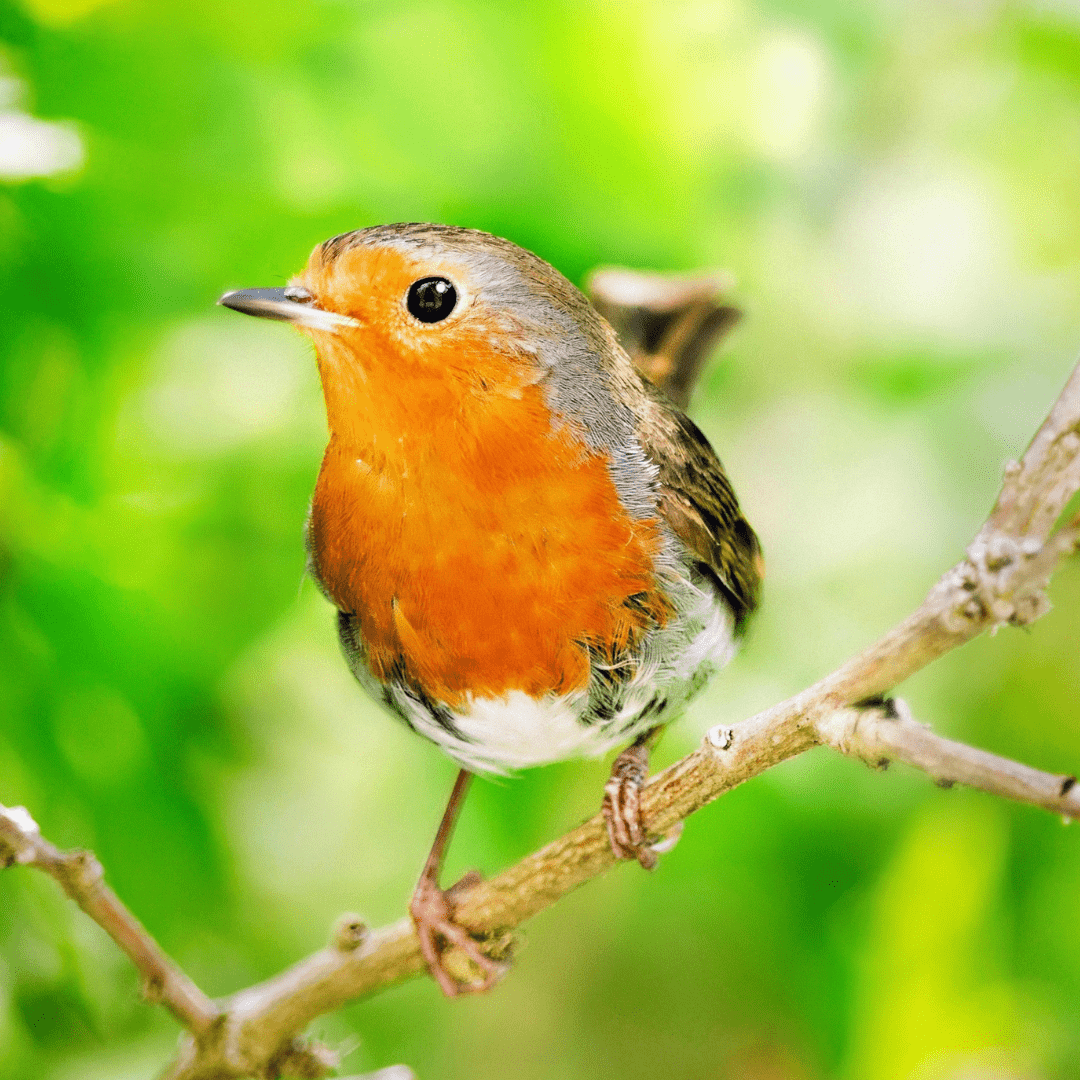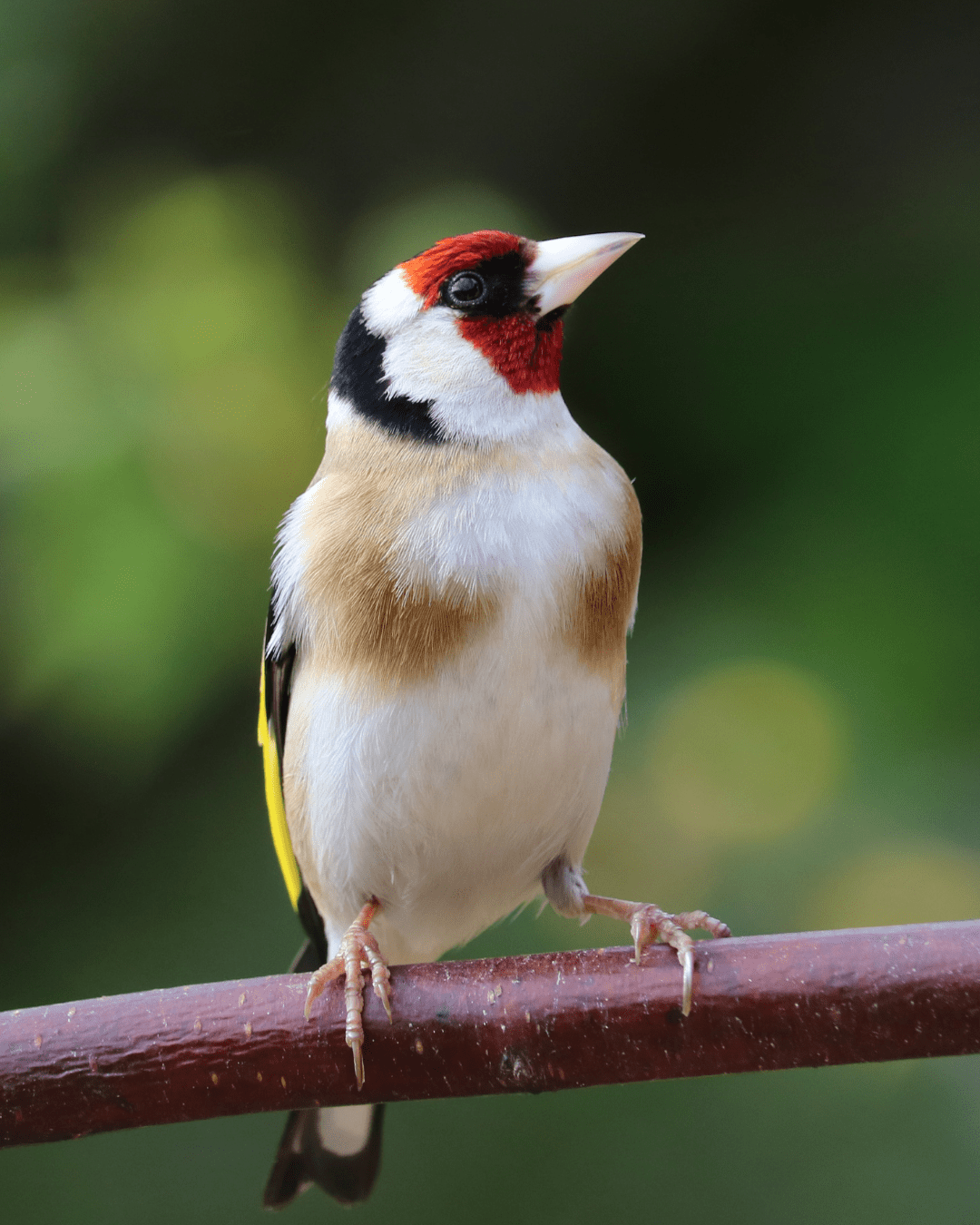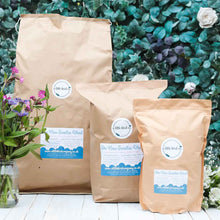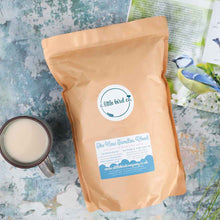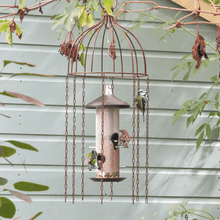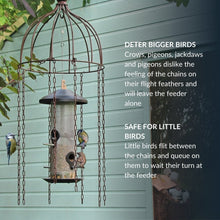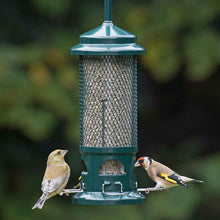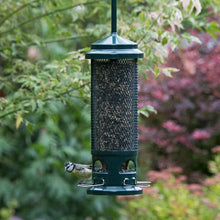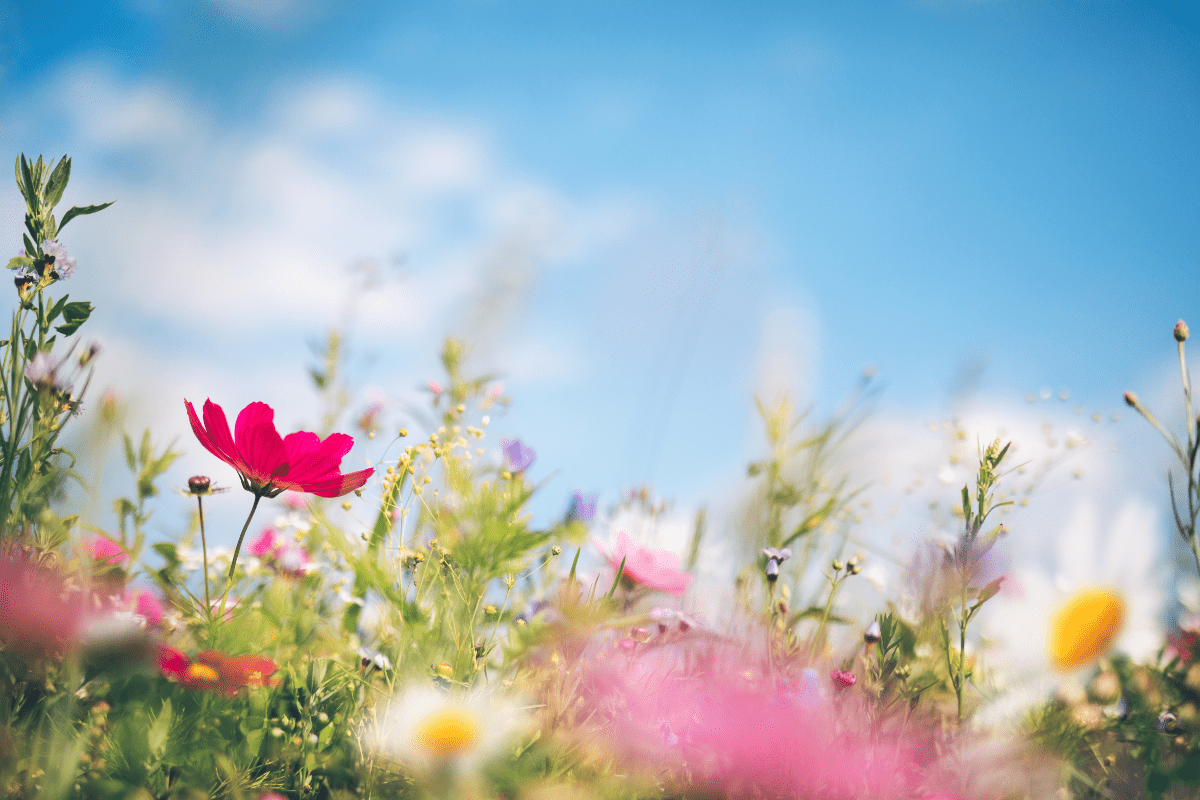The Ultimate Guide to Wild Bird Food (UK 2026)
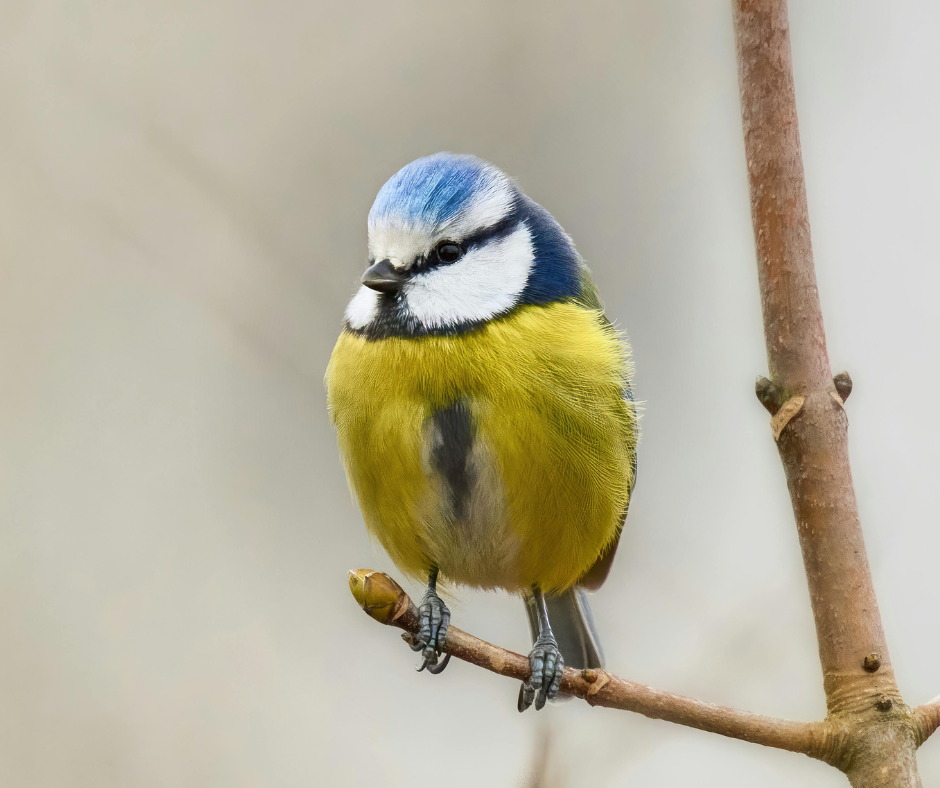
If you’ve ever stood in the bird food aisle feeling a bit lost, you’re not alone. Between all the mixes, seed types and suet blocks, it’s easy to wonder what your garden birds actually want. This guide makes it simple. Whether you’ve been feeding birds for years or you’re just starting out, here’s how to keep your garden buzzing with life all year round.
Why quality matters
Not all bird food is created equal. Many cheap mixes are bulked out with wheat or barley that small birds won’t touch—they just kick it to the ground. What you want are energy-rich seeds like sunflower hearts, hemp, nyjer, and a bit of suet or mealworm for protein. Think of it like this: a few handfuls of the right seed do far more good than a whole feeder of filler.
What different seeds are good for
| Type of food | Loved by | Notes |
|---|---|---|
| Sunflower hearts | Blue tits, great tits, finches, nuthatches | Packed with energy and leave no mess beneath the feeder |
| Hemp seed | Sparrows, finches, greenfinches | A natural oil-rich seed that supports glossy plumage and energy |
| Nyjer seed | Goldfinches, siskins | Tiny and oily, perfect for fine-mesh feeders |
| Suet and fat balls | Robins, wrens, tits | High-fat food ideal for colder months |
| Mealworms or insect mix | Robins, blackbirds, starlings | Excellent source of protein, especially in spring |
| Crushed peanuts | Woodpeckers, tits, nuthatches | Always use crushed or grated peanuts for safety |
| Fruit and berries | Blackbirds, thrushes | Leave windfall apples or plant berry bushes like hawthorn and cotoneaster |
A mix of these foods will bring real variety to your garden, from the busy blue tit to the bold robin.
Feeding through the seasons
In spring, birds are building nests and raising chicks, so protein is vital. Mealworms, sunflower hearts and soft suet all help them stay strong. Keep feeders clean and topped up, as bacteria spreads more easily in warmer weather.
Summer is when natural food is at its best, so you can ease off a little. Offer smaller amounts of seed and put out a shallow dish of water for bathing and drinking. Avoid suet on hot days—it can melt or turn rancid quickly.
Autumn is a time of change. Birds are moulting and storing fat for the colder months, so energy-rich seed mixes and suet blocks are perfect. If you grow sunflowers, leave the seed heads for them to pick clean.
Winter is the hardest season of all. Food is scarce and birds burn huge amounts of energy to stay warm. Fill feeders daily with high-oil seeds and suet, and make sure water isn’t frozen over. This is when your efforts really make a difference.
A word on sustainability
How we feed birds matters as much as what we feed them. Try to choose seed grown in the UK or nearby to cut down on food miles. Go for mixes without cheap fillers that end up wasted, and packaging that’s compostable or recyclable. Support brands that care about wildlife conservation and the wider environment.
That’s the approach we take at A Little Bird Co—quality seed, sustainably sourced, packed in compostable bags and delivered with as little waste as possible.
How our blends compare
RSPB offers a wide range of blends and supports vital conservation work. Really Wild Bird Food grows its seed on its own farm and has a strong focus on variety. CJ Wildlife is well known for its specialist feeds for specific species. At A Little Bird Co, we create small-batch seasonal blends designed for the birds most likely to visit your UK garden. Everything we sell is sustainable, low-waste and made with compostable packaging.
Different brands suit different people, but if you care about sustainability, small birds and avoiding waste, we’re proud to tick every box.
Quick FAQs
Do I need to feed birds all year?
Yes, though what you offer should change with the seasons—smaller amounts in summer and more in winter.
Can I feed bread to the birds?
Birds don't get any nutritional benefit from bread - it's filling, but it doesn't support them like a good blend of food would.
How often should I clean feeders?
Weekly, with warm soapy water. It helps prevent bacteria and mould, which can spread diseases - you can find out more about keeping your feeders clear in our blog.
Do birds need water in winter?
Absolutely. Break the ice on bird baths or pour warm (not boiling) water over them in the morning.
Keep it simple, keep it kind
Feeding garden birds isn’t about perfection. It’s about noticing, adjusting, and enjoying the small visitors that brighten your day. A feeder filled with good seed and a patch of shrubs can make your garden feel alive again. You can browse our Seasonal Bird Food Blends, designed to suit the time of year and attract the birds that need your help most.

